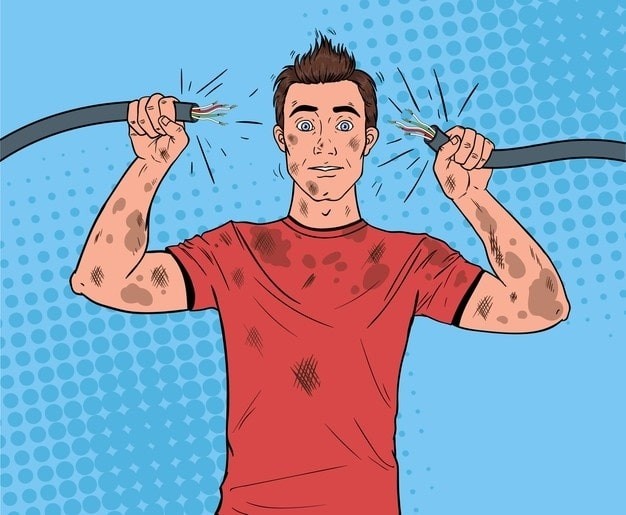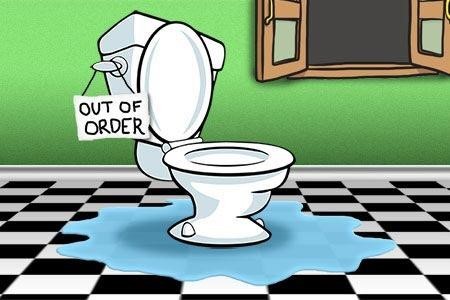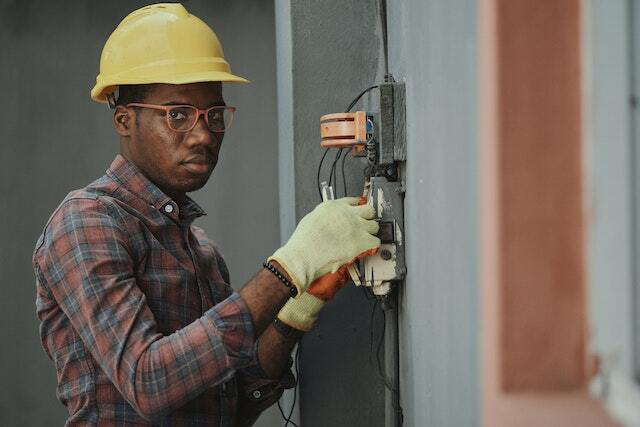
Some Do’s and Don'ts of DIY Electrical Repairs
Electricity is one of the most important aspects of the modern world. Therefore, it is extremely important to know a few basic repair techniques. However, there are some factors you should consider before you roll up your sleeves and start the process. Before you begin your electrical repairs, there are some Do's and Don'ts of DIY electrical repairs. So what are they?
The Do's
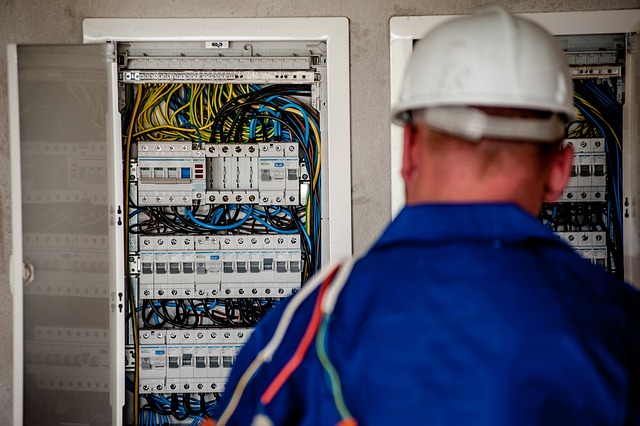
The do's refer to the process and steps you should follow before starting the repairs. Some of the Do's are as follows:
Turn off Power
One of the first do's in our list of some Do's and Don'ts of DIY electrical repairs is to turn off the power. You should always turn off the power in the areas you are working on to prevent electrical shock.
Use Circuit Tester
After you turn off the power, you should always use a circuit tester to ensure no current flows in the parts you are working on. Doing so will ensure the area is safe to start your repairs.
Use Right Tools
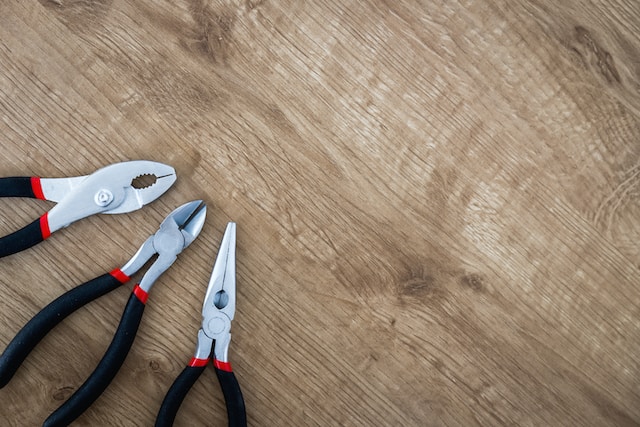
Another important aspect you must consider is using the right tools. You should always wear electrical safety gear and use proper tools to prevent electrical hazards.
Read and Understand Instructions
If you are following a repair guide, you must read and understand the instructions. If you do not understand the instructions, contact an expert electrician in Kathmandu valley like a2z Marmat immediately.
Inspect and Label Wires
Another step you should take is inspecting and labeling the electrical wires. By inspecting and labeling the electrical wires, you eliminate the risk of faulty wires.
These are some steps and processes you should follow to ensure you are safe while working on an electrical repair.
The Don'ts
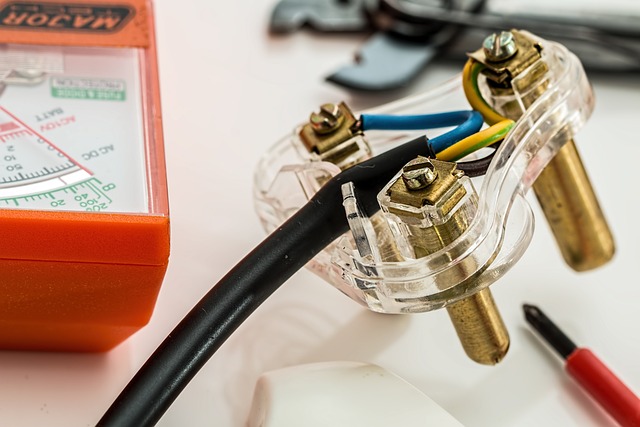
Now that you know the steps and precautions you should take, let's talk about what you should avoid. Or in other words, the Don'ts. Some of the common Don'ts are as follows:
Work with Live Currents
This one is one of the most obvious things to avoid during your repair session. You must not work with live currents. If you choose to work with live currents, a small mishap can result in a large disaster.
Use Damaged Tools
Another mistake you should avoid is using damaged tools. Electricity is a dangerous thing by itself, and working with damaged tools increases the risk. Therefore, always work with proper tools and replace any damaged ones immediately.
Ignore Warning Signs
Another entry on our list of "things you must not do" is ignoring the warning signs. Check out the electrical circuit immediately if you see signs such as flickering lights, tripping circuit breakers, or burning smells. These are generally the signs of an electrical problem.
Mix Wire Types
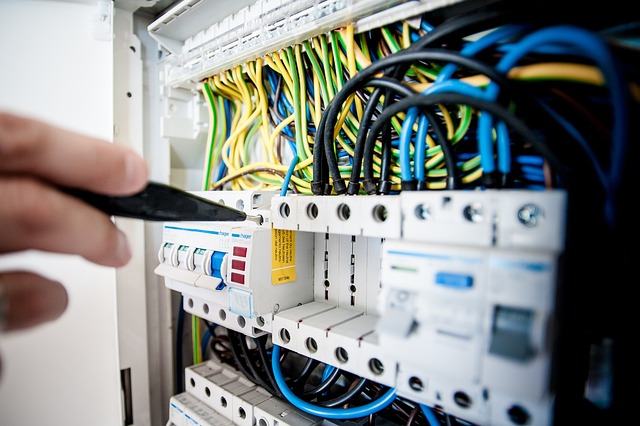
Mixing wire types is a common mistake used by newbie DIY electricians. However, it is also one of the things you must avoid. Doing this can lead to electrical issues. Therefore, you should always avoid connecting different types of wire, such as aluminum and copper, without proper connectors.
Work in Wet Conditions
Another one on our list of things you must not do is working in wet conditions. Most conditions can make the air a good conductor of electricity. Therefore, avoid using any form of electricity in most conditions whenever possible. Even if you have to do so, always ensure that there is no flow of electricity. Naturally, this also includes working with wet hands and working without using proper insulating gloves.
These are some of the things you must not do when repairing your electrical circuit.
Conclusion
Electricity is an integral aspect of modern life. However, just like everything else, the electrical systems in the modern world can break down. For this, DIY electrical repairs are undoubtedly a cost-effective way of solving these issues. But, there are some do's and don'ts of DIY electrical repairs that you must know. In this blog, we discussed some of the most common dos and don'ts. Regardless, the most important one is "If you don't know the problem and what you are doing, Do call an expert!"
We hope you found this helpful. If you want further insights into home repairs and other home renovation aspects, check out some of our other blogs. If you want expert electrician service in Kathmandu for all your electrical repairs, please contact us at a2z Marmat, a home repair and renovation company. Thank you for reading till the end.
FAQ on Dos and Don'ts of DIY Electrical Repairs
Q: Can I work on electrical repairs without turning off the power?
A: No, working on electrical repairs with the power on is extremely dangerous. Always turn off the power at the breaker panel before starting any electrical work.
Q: How can I identify damaged wiring?
A: To identify damaged wiring, look for signs of wear, exposed conductors, or burned insulation.
